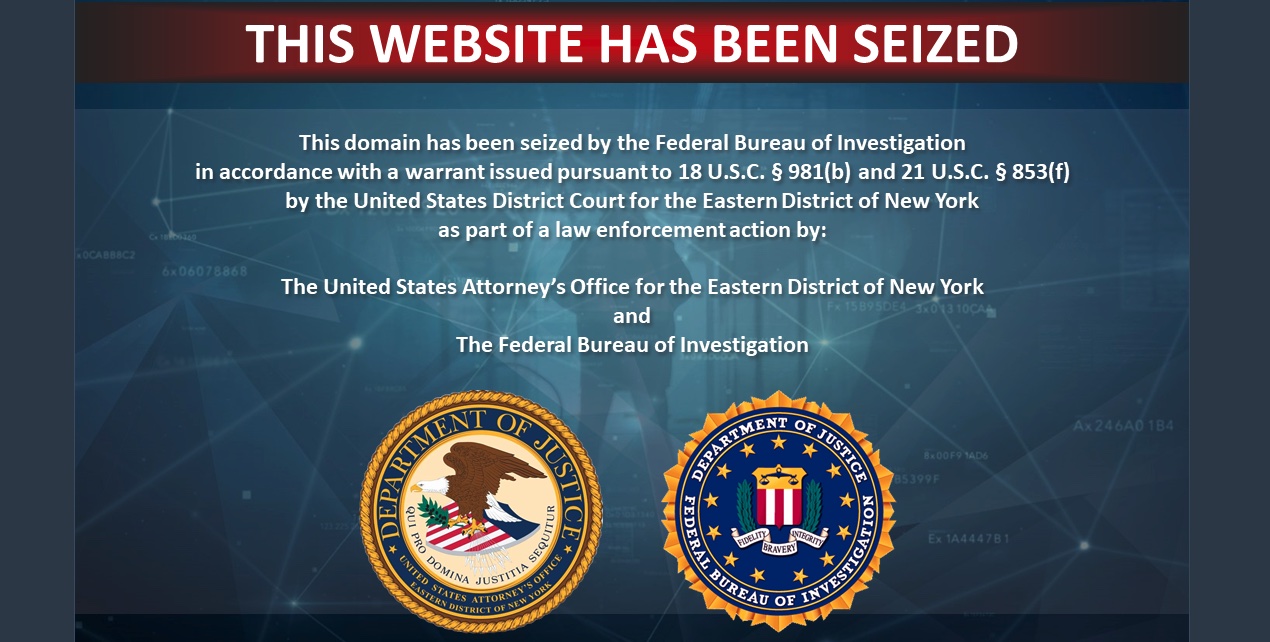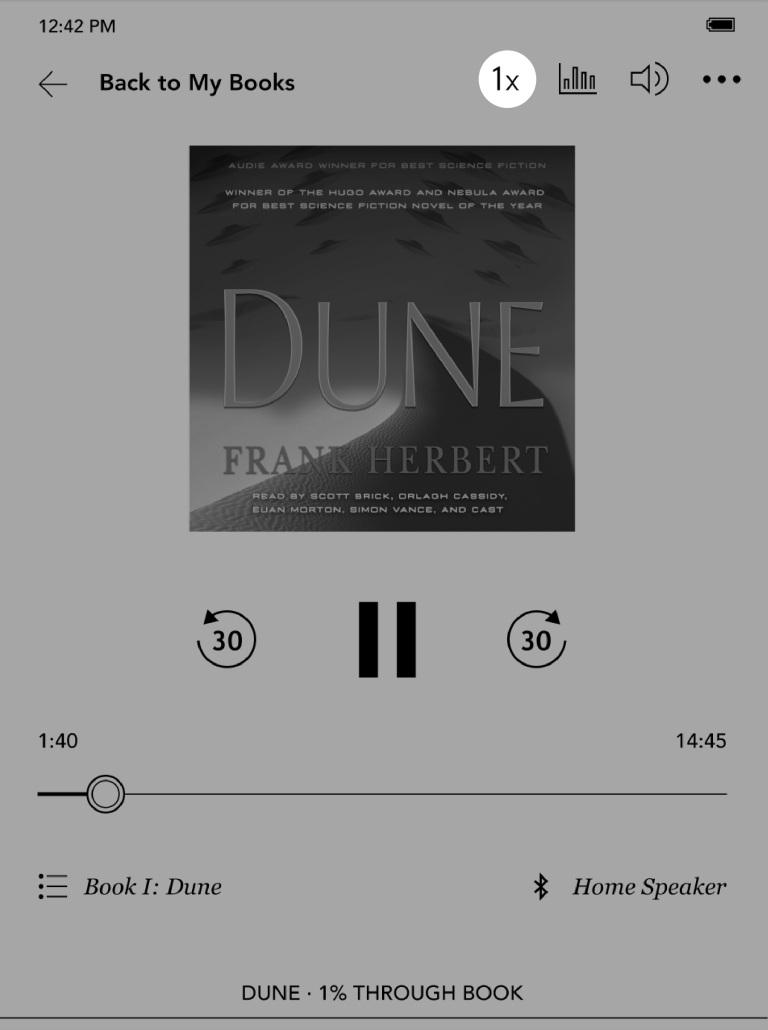Why Was Z-Library Removed?
If you’re an avid reader or someone who relies on online resources for research, you may have come across Z-Library at some point. It was a popular website that offered a vast collection of free e-books and articles. However, you might be wondering, “Why was Z-Library removed?” In this article, we’ll delve into the reasons behind the removal of this beloved platform and explore the implications it has for readers and researchers alike.
Z-Library, also known as “The World’s Largest Ebook Library,” was a go-to destination for individuals seeking free access to a wide range of digital reading materials. It was a treasure trove for bookworms and knowledge-seekers who wanted to explore various topics without spending a dime. However, despite its popularity and usefulness, Z-Library faced some challenges that ultimately led to its removal. In the following paragraphs, we will uncover the reasons behind this decision and shed light on the impact it has had on the online reading community. So, buckle up and join us on this journey to understand why Z-Library is no longer accessible.

Why was Z-Library removed?
Z-Library, also known as “The World’s Largest Ebook Library,” was a popular online platform that provided users with free access to a vast collection of digital books. However, in recent months, users have noticed that the website is no longer accessible. This has left many wondering why Z-Library was removed and what led to its disappearance.
The Legal Issues Surrounding Z-Library
Z-Library’s removal can be attributed to legal issues related to copyright infringement. The platform allowed users to download and share copyrighted material without the permission of the authors or publishers. This violated intellectual property rights and copyright laws, leading to legal action against the website.
Copyright holders, such as authors, publishers, and organizations representing them, often monitor online platforms for unauthorized distribution of their works. When they discover copyright infringement, they have the right to file complaints and take legal action. In the case of Z-Library, it is likely that multiple copyright holders reported the platform, resulting in its removal.
The Impact of Copyright Infringement
Copyright infringement has significant consequences for both creators and the industry as a whole. When copyrighted material is distributed without authorization, creators lose out on potential revenue from their work. This can discourage them from producing new content and hinder the growth of the publishing industry.
Furthermore, copyright infringement undermines the value of intellectual property rights. These rights are essential for creators to protect their work and ensure they are fairly compensated for their efforts. When platforms like Z-Library facilitate copyright infringement, it sends a message that piracy is acceptable, which can have a detrimental impact on the creative community.
It is important to note that not all online platforms that offer free access to books or other media engage in copyright infringement. Many legitimate platforms, such as Project Gutenberg, provide access to public domain works or content that is authorized by the copyright holders. These platforms operate within the boundaries of copyright law and respect the rights of creators.
The Role of Anti-Piracy Measures
In response to copyright infringement, copyright holders and organizations have implemented various anti-piracy measures to protect their works. These measures aim to identify and take down infringing content, as well as hold responsible parties accountable for their actions.
Anti-piracy measures can include monitoring online platforms for unauthorized distribution, sending cease and desist notices to infringing websites, and pursuing legal action against those responsible for copyright infringement. These efforts help to safeguard the rights of creators and ensure that their work is respected and protected.
The Future of Online Ebook Libraries
The removal of Z-Library serves as a reminder of the importance of respecting copyright laws and intellectual property rights. While online ebook libraries can provide convenient access to a wealth of knowledge, it is crucial that they operate within legal boundaries.
Moving forward, it is likely that online ebook libraries will continue to exist, but with stricter adherence to copyright laws. Platforms will need to implement measures to ensure that the content they provide is authorized and does not infringe upon the rights of creators. This may involve partnering with publishers, obtaining licenses for copyrighted material, or focusing on public domain works.
In conclusion, the removal of Z-Library can be attributed to legal issues surrounding copyright infringement. The unauthorized distribution of copyrighted material undermines the rights of creators and the publishing industry. As the digital landscape evolves, it is important for online platforms to prioritize legal and ethical practices to ensure the continued availability of valuable content while respecting the rights of copyright holders.
Key Takeaways: Why was Z-Library removed?
- Z-Library was removed due to copyright infringement concerns.
- The website allowed users to access and download copyrighted materials without permission.
- Z-Library faced legal actions from publishers and authors.
- The removal aimed to protect intellectual property rights.
- Users are encouraged to use legal alternatives to access books and resources.
Frequently Asked Questions
Here are some commonly asked questions about the removal of Z-Library:
1. What was Z-Library?
Z-Library, also known as “The World’s Largest Ebook Library,” was an online platform that provided users with access to a vast collection of free e-books. It offered a wide range of academic, fiction, non-fiction, and reference books in various languages and formats.
However, Z-Library’s content was primarily sourced from copyrighted materials without proper authorization from authors or publishers. This led to copyright infringement issues and legal concerns surrounding the platform.
2. Why was Z-Library removed?
Z-Library was removed due to copyright infringement issues and legal actions taken against the platform. The website allowed users to download copyrighted books without proper authorization, which violated intellectual property rights. As a result, copyright holders and publishers filed complaints and legal notices against Z-Library, leading to its removal.
The unauthorized distribution of copyrighted materials is a serious offense and can result in legal consequences for both the platform and its users. To protect the rights of authors and publishers, actions are taken to remove such platforms from the internet.
3. Were there any alternatives to Z-Library?
Yes, there are several alternatives to Z-Library that provide access to free e-books legally. These alternatives include Project Gutenberg, Open Library, ManyBooks, BookBub, and Librivox. These platforms either offer public domain books or have partnerships with authors and publishers to offer their books for free or at a discounted price.
It is important to use legal and authorized platforms to access e-books to support authors and publishers and respect intellectual property rights.
4. Can Z-Library be revived or rebranded?
Due to the legal issues associated with Z-Library, it is highly unlikely that the platform can be revived or rebranded in its original form. The copyright infringement claims against the platform have led to its removal, and it would require significant legal actions and agreements with copyright holders to revive the platform.
However, it is possible for a similar platform to be created in the future, with proper authorization from authors and publishers. Such a platform would need to comply with copyright laws and ensure that all content is legally obtained and distributed.
5. What are the consequences of using platforms like Z-Library?
Using platforms like Z-Library, which offer copyrighted materials without proper authorization, can have legal consequences. Copyright infringement is a violation of intellectual property rights, and copyright holders can take legal actions against the platform and its users.
Individuals found guilty of copyright infringement may face penalties, including fines and even criminal charges in some jurisdictions. It is essential to respect copyright laws and support authors and publishers by using authorized platforms to access e-books.
Z-Library Has Been Shut Down (but still lives on Tor)
Final Thought: Why Z-Library was Removed
In a surprising turn of events, Z-Library, the beloved online resource for free ebooks and academic papers, has been removed from the internet. This unexpected disappearance has left many users baffled and wondering why such a valuable platform has suddenly vanished. While the exact reasons for its removal remain unclear, there are a few key factors that may have contributed to this unfortunate outcome.
One possible reason for Z-Library’s removal could be copyright infringement concerns. As an online repository of copyrighted materials, the platform may have faced legal pressures from publishers and copyright holders who wanted to protect their intellectual property. Despite the popularity and usefulness of Z-Library, copyright laws are in place to safeguard the rights of authors and publishers, and any violation of these laws can result in severe consequences.
Additionally, Z-Library’s rapid growth and widespread usage may have attracted unwanted attention from authorities and regulatory bodies. As the platform gained popularity, it likely drew the attention of organizations that monitor and enforce intellectual property rights. This increased scrutiny could have led to legal actions or requests to shut down the website in order to maintain the integrity of copyright laws.
While the removal of Z-Library is undoubtedly disappointing for its loyal users, it serves as a reminder of the importance of respecting copyright laws and supporting authors and publishers. As the online landscape continues to evolve, it is crucial to find a balance between accessibility and legality when it comes to accessing digital content. Perhaps this incident will spark a broader conversation about the future of online resources, copyright protection, and the need for sustainable models that benefit both creators and consumers.





